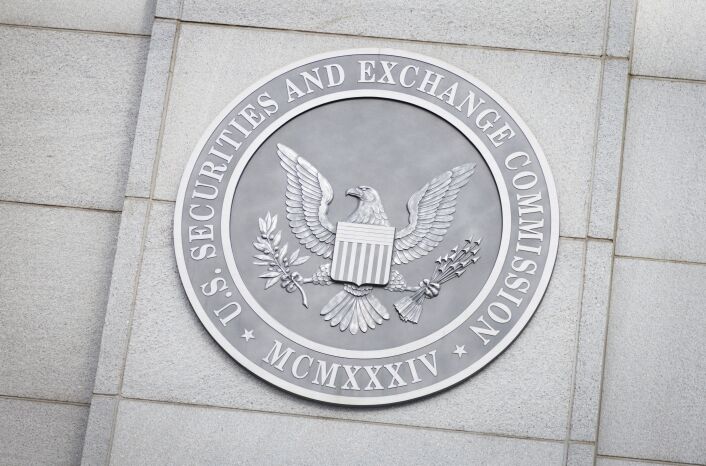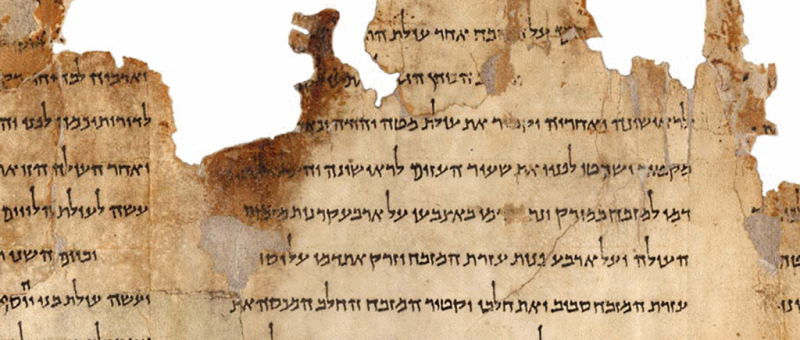Background
In recent months, there has been much media attention turned to Ensign Peak Advisors, an investment arm of The Church of Jesus Christ of Latter-day Saints. From around 2000 to 2019, Ensign Peak Advisors had used subsidiary companies in its reports to the Securities and Exchange Commission (SEC), to avoid publicly disclosing the nature and extent of its investment portfolio. In 2019, a former employee of Ensign Peak Advisors filed a complaint with the SEC and told the press. The Church and Ensign Peak Advisors have since come into compliance and were recently assessed a total fine of $5 million by the SEC.
Here are some links with background info:
As could be expected, individuals and media outlets opposed to the Church of Jesus Christ (or to organized religion in general) have spun this story in a negative light, causing many members and friends of the Church to become troubled or upset. At the core of these feelings are three facts, which I don’t dispute:
- The Church of Jesus Christ of Latter-day Saints has a lot of invested wealth (Ensign Peak’s holdings are valued around $37 billion).
- Church leadership wanted to avoid publicly disclosing either the extent of this wealth or how it was invested, or both.
- To avoid public disclosure, Church leadership instructed or authorized Ensign Peak Advisors to meet their filing requirements in a way that skirted around the law and was ultimately deemed illegal.
What I do dispute in this post are some of the claims and arguments that people derive from these facts:
- The Church’s prophetic leadership willfully defied the law of the land and therefore are false prophets.
- The Church of Jesus Christ doesn’t use its vast wealth to help the poor and needy.
- The Church of Jesus Christ shouldn’t store (“horde”) so much money.
- If Jesus had billions of dollars, he would have given it all away to help the poor, instead of storing/investing it.
- The Church is trying to hide its wealth from its members.
- The Church of Jesus Christ is financially corrupt.
- It’s wrong and deceitful for the Church to ask poor converts to pay tithing.
- Now that members know how much money the Church has, they won’t pay their tithing.
Here are my counter-arguments to each:
1. Accusation: The Church’s prophetic leadership willfully defied the law of the land and therefore are false prophets.
Let’s hear the Church’s side of the story (from the Church Newsroom article):
[Since 2000] the Church’s senior leadership received and relied upon legal counsel when it approved of the use of the external companies to make the filings. Ensign Peak handled the mechanics of the filing process. The Church’s senior leadership never prepared or filed the specific reports at issue.
. . . In June 2019, the SEC first expressed concern about Ensign Peak’s reporting approach. Ensign Peak adjusted its approach and began filing a single aggregated report. Since that time, 13 quarterly reports have been filed in full accordance with SEC requirements.
. . . We affirm our commitment to comply with the law, regret mistakes made, and now consider this matter closed.
Church leadership has admitted that mistakes were made and that they regret those mistakes.
From my reading of these and other sources, it sounds to me that back in the late 1990s, Church leadership and their investment managers were concerned about disclosing Church investments (see point 5 below). Legal counsel suggested a filing route that they considered legal. Church leadership trusted that counsel in authorizing the plan, with no intention of breaking the law. When it became apparent decades later that the SEC disagreed with their approach, they adjusted their filing to come into compliance. Mistakes? Yes. Willful disregard for the law? Doesn’t sound like that to me.
Let’s remember that our prophets are not infallible. They can and do make mistakes, and they are the first to admit such. If I were in charge of a worldwide church of millions of people and all the administrative oversight of that church, not to mention ecclesiastical and spiritual oversight, I’m sure I would make mistakes too: probably far bigger ones than our prophets make.
What about revelation? Wouldn’t they have prayed about this decision? Why didn’t God warn them not to pursue it? This question is valid. The answer goes back to the idea of infallibility: Do we believe that every administrative decision the prophets make is a perfect decision that perfectly reflects the will of God? Is that a reasonable expectation? Or does prophetic authority mean that the majority of decisions, and especially the ones with weighty spiritual consequences, are made under the influence of revelation, but allowing room for some prophetic decisions to be made by (error-susceptible) logic and common sense?
I think God allows us to make mistakes. I think He even allows His prophets to make mistakes. I don’t think He allows His prophets to lead the Church astray in serious spiritual or doctrinal matters, but this is not a spiritual or doctrinal matter. It’s a technical administrative detail.
The members of the First Presidency who would have authorized that decision in 2000 (Gordan B. Hinckley, Thomas S. Monson, and James E. Faust) have all passed away since. So we cannot ask them what they were thinking or intending, what guidance (if any) they received from the Spirit, and what they understood of the legal implications, when they authorized the Ensign Peak Advisors’ reporting plan.
Of course, we can jump to conclusions and judge the thoughts and intents of their hearts without any way of knowing for sure what those were. But let’s remember that with what measure we judge, we shall be judged.
2. Claim: The Church of Jesus Christ doesn’t use its vast wealth to help the poor and needy.
From the Church’s humanitarian report: “The Church of Jesus Christ of Latter-day Saints engaged in 3,909 humanitarian projects in 188 countries in 2021. This outreach, an increase from 2020, included $906 million in expenditures and 6.8 million hours of voluntary service.” This is only its humanitarian arm, not including the millions invested in quality, low-cost educations through CES schools and programs, the millions spent in Church administrative programs to build strong communities and foster faith and hope worldwide, and the millions of hours of service donated by members in private acts of service.
For further information, see the Church’s 2021 Humanitarian Report:
3. Argument: The Church of Jesus Christ shouldn’t store (“horde”) so much money.
4. Argument: If Jesus had billions of dollars, he would have given it all away to help the poor, instead of storing/investing it.
5. Implied Accusation: The Church is trying to hide its wealth from its members
According to a Deseret News article on the settlement, “Some church officials said previously that they wanted to avoid church members following church investments as a roadmap for personal investing because they might not be appropriate to their circumstances.” Knowing the zealousness of some church members to over-interpret prophetic counsel, and the capacity of some individuals to twist that zealousness for personal profit at members’ expense, I consider this a valid reason for wanting to pursue privacy.



Jeremy, you articulated my thoughts perfectly! As soon as I first read the facts weeks ago about the SEC settlement, and looked at the big picture, it didn’t bother me. Thank you for your well researched and thoughtful article. I believe the LDS church is very responsible and wise managing contributions, expenses, and investments, including spending hundreds of millions of dollars each year to help the poor and needy.
I love how you said, in essence, that you have much more trust and confidence in how The Church spends your tithing, compared to how the government spends your taxes!
Thank you, Pete! We live in a world where most governments, companies, and individuals are in a state of constant debt. It has become the norm. So when an institution takes the far more sensible route of storing up adequate financial reserves, it is viewed with suspicion and ridicule. People don’t understand that the more money an institution (or family) has, the far greater ability it has to serve and bless the world.